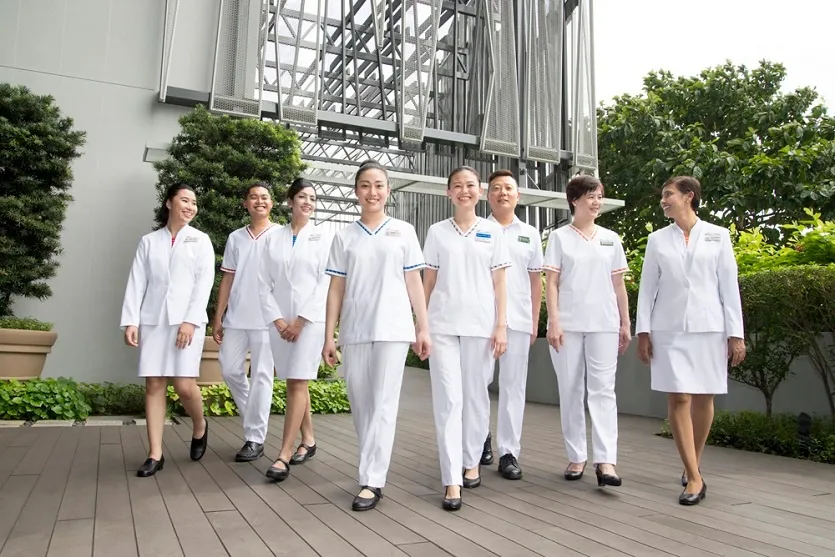OP-ED: Concerns about changing the government policy of religious symbols and attire
"If the government changes the policy of nurses wearing tudung now, will it make more concessions in the future?"

I am concerned that there may be a policy change in the government's position on nurses wearing tudung. Any policy change related to religious symbols must be carefully considered and should not be taken lightly.
It is necessary for us to protect the common space in society. If different religious organizations do not reach a consensus first, adding conspicuous religious symbols to the common space may put pressure on Singapore's social order.
If the government changes the policy of nurses wearing tudung now, will it make more concessions in the future?
If tudung is also allowed in our general school system and uniform groups, where is the bottom line?
My concern is that other religious groups may be susceptible to a resurgence and claim for the right to wear their own religious accessories accordingly or ask for compromises in other aspects. They may even demonstrate stronger reactions if they deem it a part of escalated Islamization of Singapore.
The government must show that it treats all religions equally in order to avoid disturbing the existing harmony.
Otherwise, it may allow others to take advantage of this action to push their own positions on other controversial issues.
It is not difficult to think of examples such as abolishing Article 377A of the Criminal Code and legalizing same-sex marriage.
If Singaporeans are not ready to face such changes and discussions in a short time, the result may be the emergence of a politicized and divided Singapore.

